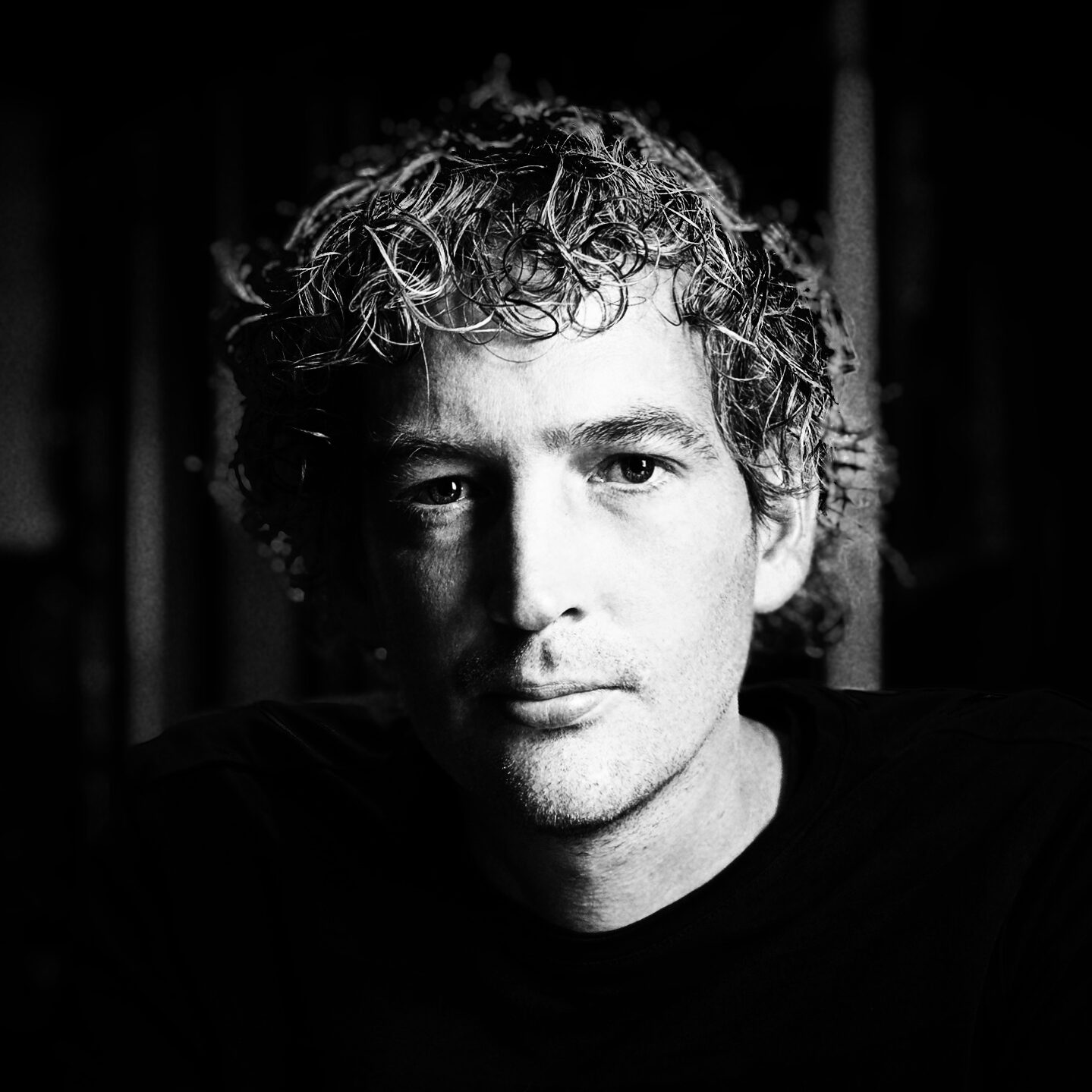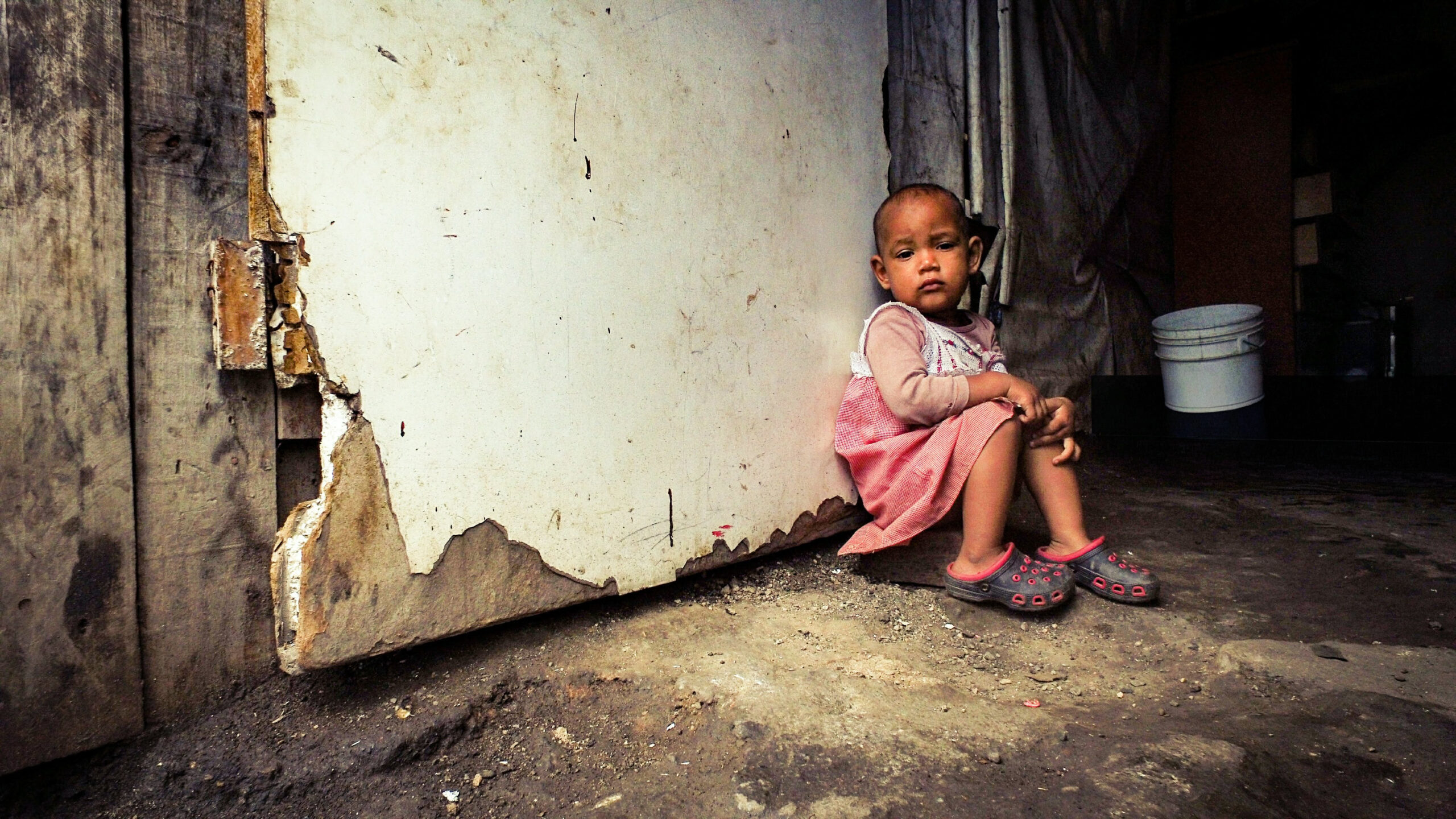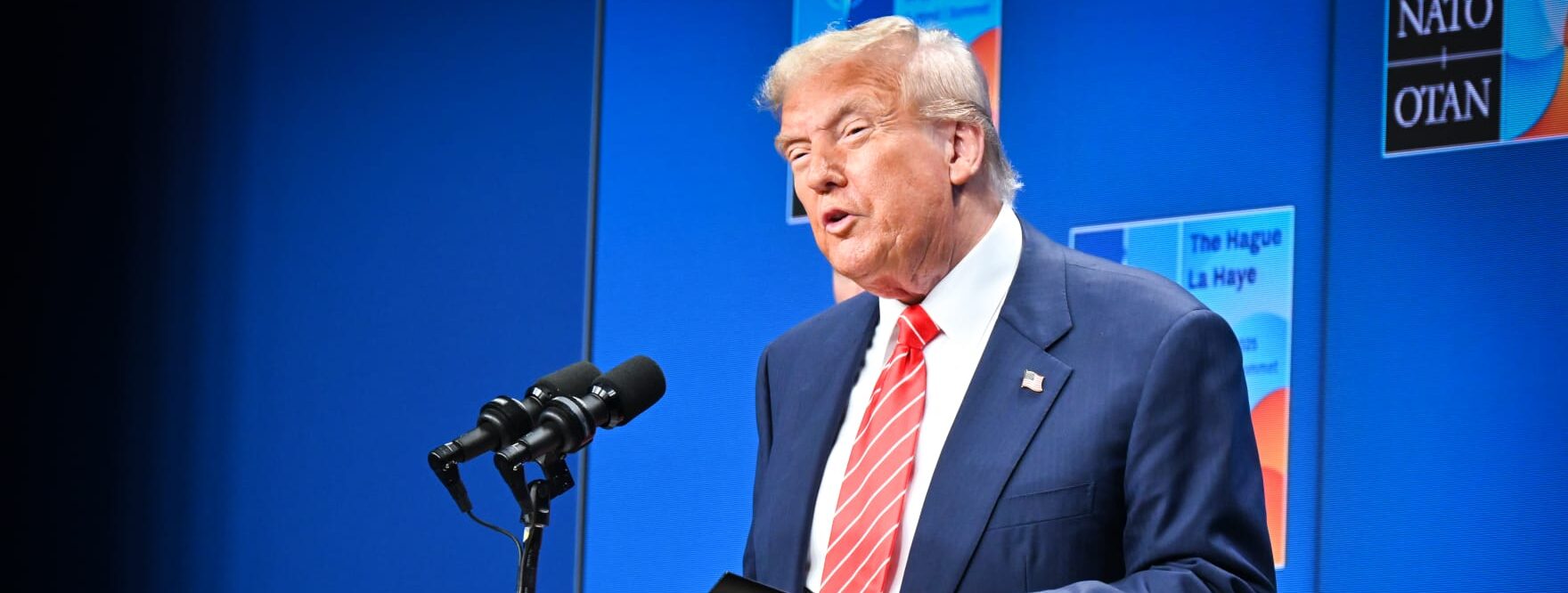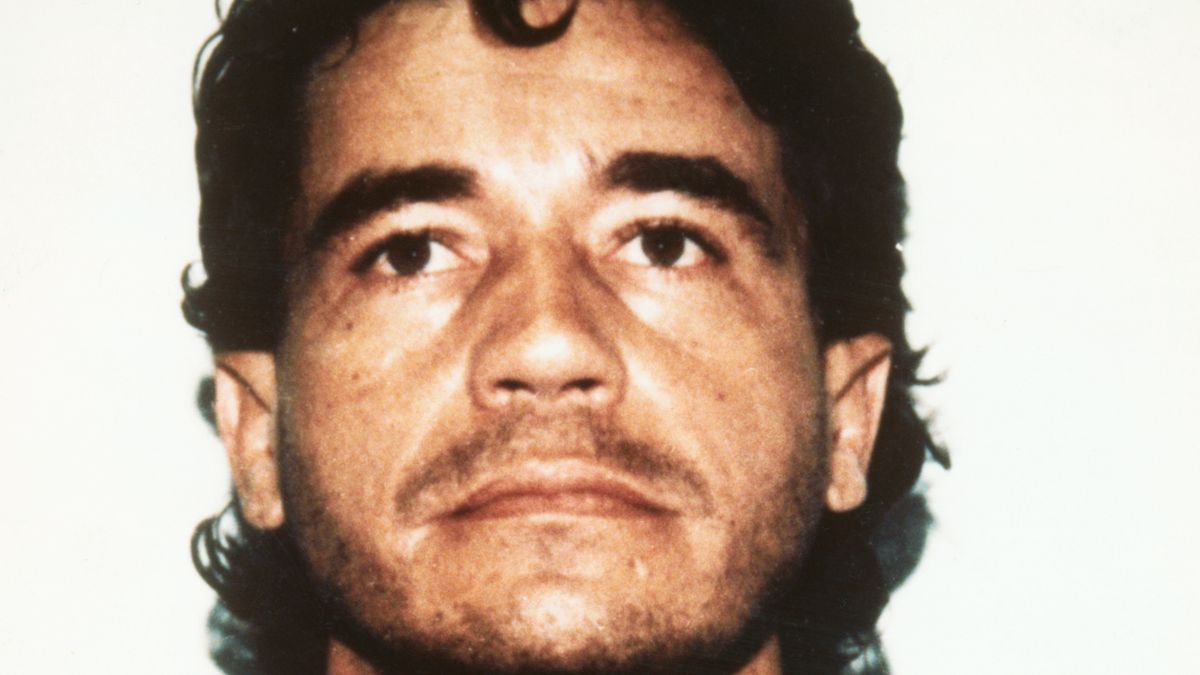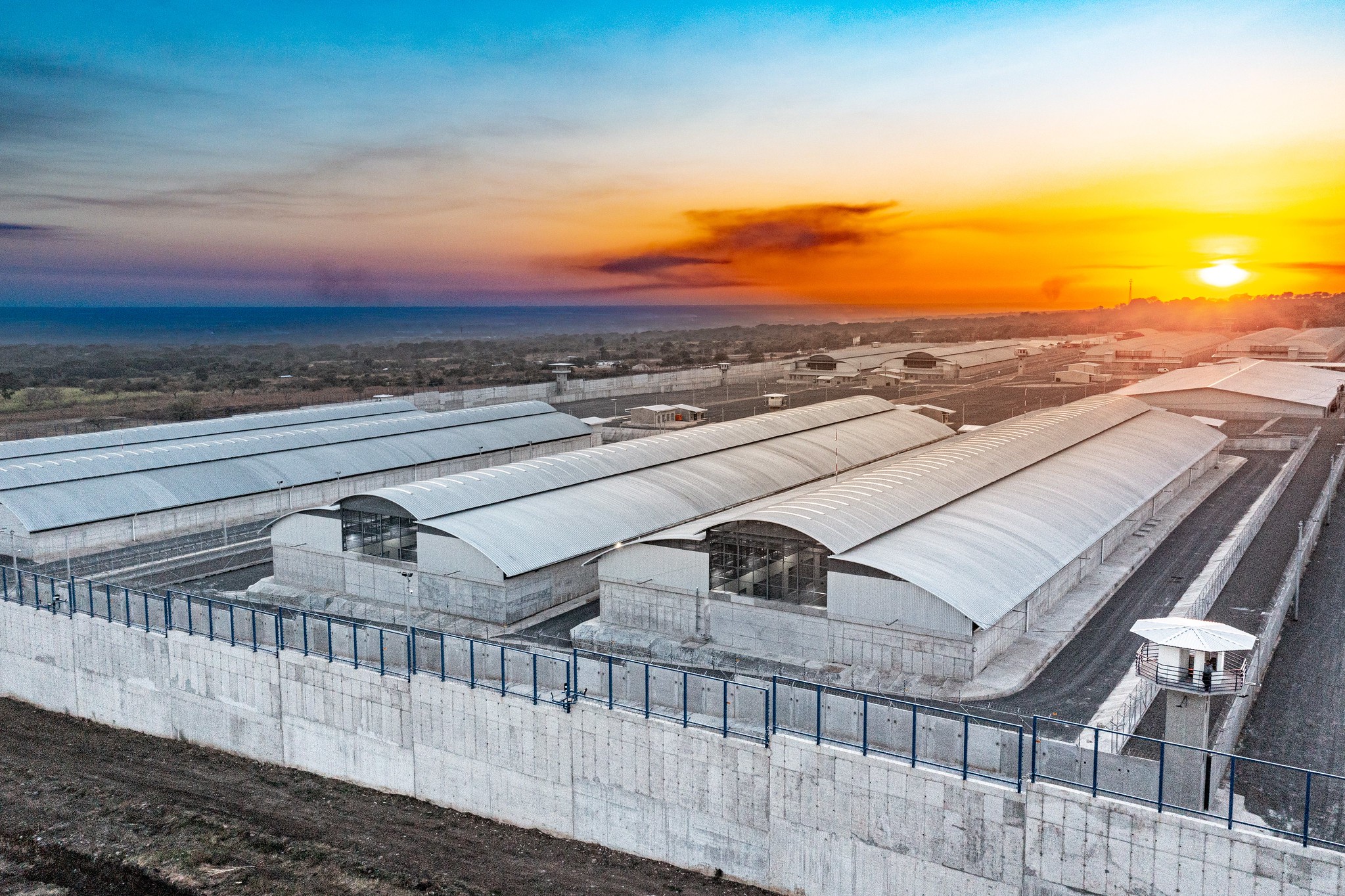Dutch hotel owner in Venezuela Frank is fretting. He would like to return to the Netherlands, away from the corruption and hyperinflation. But it can't be done.
Image: Guy Van den Branden

He sits quietly but looks ahead somewhat confused and sad. In his - self-created - safe environment, he ponders his opportunities, or rather, his lack of opportunities. He is now the king of the world with his hotel, staff and piles of money bills, but outside these walls he is a poor Dutchman, whom we will call Frank for now. Years ago, when Frank invested his millions earned from his discos in Brabant in Venezuela, he couldn't believe his luck. Now that the country is in crisis and slipping, he wants to leave with his daughter. But it's too late.
Frank is getting older and is somewhat forgetful, sometimes so much so that I fear he is suffering from dementia. But the memories of those days are still there. The young wild years, doing everything God had forbidden. The most beautiful girls, the friendliest people, being able to go really far away and disappear into the jungle for a time.
But now many of his friends and acquaintances have left decaying Venezuela and others have died. Sometimes from natural causes, but also from drug shortages or crime. Ideally, Frank would also like to leave himself and his daughter back to the Netherlands, but his riches from here are worthless there. Frank: 'I am a monopoly millionaire.'But trading in dollars and euros is officially forbidden

Twenty times as much for the same money
Venezuela is going through a major crisis. Giant inflation of almost 64 percent and deficits on almost everything you can think of. Crime and high corruption are raging like a hurricane over the country. Where the government of Venezuela values the exchange rate of the dollar at just over 6 Bolivars, you currently get almost 130 bolivars for it on the black market, more than 20 times its original value. Two weeks back this was hovering around 100 bolivar, but now the black market seems unstoppable. The bolivar you earn can't be exchanged for dollars because that's government-run, and certainly not at the government-established exchange rate of 6 bolivar.
In addition, because of the shortages, you can't get rid of them either; there is almost nothing to invest in. There are no new cars anymore and building materials are scarce. If anyone sells anything at all, they often want dollars or euros for it and certainly not Bolivars. But trading in dollars and euros is officially prohibited.
An empty lot, that's where it started. After his snack bar and other businesses in Venezuela, he was ready for something else. In the following years, his millions - earned in the Netherlands - flowed into the construction of his hotel. Through his ignorance or perhaps his naiveté, he lost much of his money to empty promises. Now, twenty years later, he is still building his hotel. At least, he is trying to. Twenty rooms have been operable for years, and five more are still to come.
His hotel is luxurious, especially by Venezuelan standards. The smallest room costs half a Venezuelan monthly wage per night. Due in part to lack of competition, his hotel is full almost every night, especially on weekends. Cleaners, night watchmen, builders, receptionists, cooks and his family are on the payroll. Love with his wife has been far from what it used to be for some time. He has a daughter and adopted son.
The dangerous Venezuela
The beautiful hotel is an oasis of calm in polluted, dangerous and "on the verge of collapse" Venezuela. Within the fences in bubble he created, he has everything. Within the almost unimaginably beautiful surroundings, he lives well.
I have known him for six months now; over a beer on the street or a whiskey on his rooftop terrace, he talks bluntly about his life. Problems he has managed to put into perspective. The -by Dutch standards- bizarre situations now seem normal. Frank: "I have to carry a gun when I want to take my daughter to school. But for him it is enough. 'Junk and garbage everywhere, everything is broken in this country. And the increasing crime rate.' He wants to return to his Netherlands. In doing so, however, he runs into a few problems.
His hotel should be run by his adopted son. 'I can't even go on vacation. I have to be here, otherwise it won't be anything here,' says Frank. Dutch money he no longer has. 'What am I supposed to live on? I haven't built up any pension, and I've been away from Holland for a long time.' His Venezuelan monopoly money is not convertible and therefore worthless in Holland. And then his daughter, the real love in his life. She is quiet, shy, and speaks a little Dutch. But studying in Holland, in another world by herself, is that wise?
Tourism no longer exists
'Everybody robs me and drains me, everybody wants to get richer from me.' That has become somewhat Frank's thought about the people of Venezuela. According to him, everything has worsened with the advent of Chavism and will eventually lead to an apocalypse of Venezuela.
Sometimes he calls me in a panic. 'Go fill up there is no more gas.' Or, 'Michel watch out I think they want to rob you.' He is sometimes somewhat panicky. It's something that has grown into him over the past few years.
Foreign tourism has virtually ceased to exist in Venezuela, and with it the arrival of dollars and euros. Only the rich Venezuelan who can afford a vacation remain. Isla margarita looks empty and dilapidated compared to the vacation paradise of 15 years ago. International airlines hardly fly to Venezuela anymore because the government has not paid bills to the airlines for a long time. Government non-payment of bills occurs in all sectors. This is one of the reasons for the huge shortages on medicines, food and other staples.

Inspection for a free room
A government inspection comes regularly to Frank's hotel, but not so much for compliance checks. Of course, they know how to find something to negotiate. Reason for today's inspection is that tonight one of the directors of immigration is in the area; the inspection is purely to force a free room. Which they will get. "What else am I going to do? That's how it often goes at his hotel. Building and housing inspection come because the mayor needs a free room. Police come because a chief needs a free room. Guardia national comes because a general needs a free room.
The future
Things are not looking good for him. The government is not on his side. On the one hand, he is lucky that what is his is still his. It wouldn't be the first time the government has confiscated a hotel, golf course or other what they consider "capitalist entertainment" and made it state property. Last week, President Maduro once again raised taxes on luxury goods by between 15 and 50 percent. In addition, it does not look like the government wants to throw open the currency market in a fair way anytime soon. For now, to keep the people calm, Maduro has raised the wages of the simple man by 15 percent and those of the military by 45 percent.
But inflation is rising, prices are rising fast. And Maduro is losing the simple man. His popularity has fallen to 30 percent. It is also not a question of whether Venezuela, and with it the bolivar, is going to hold out, the question is: for how long?

